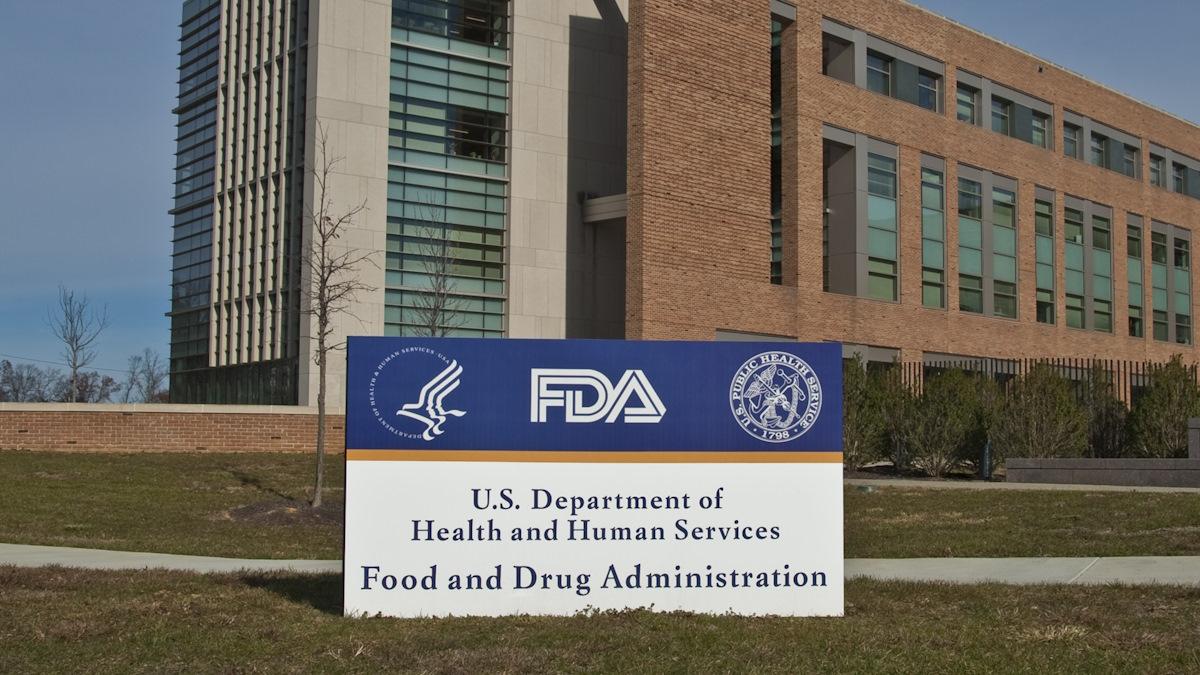US imposes limits on COVID-19 boosters and new jabs

The FDA has introduced a stricter set of policies around COVID-19 vaccines, including a clinical trial requirement for new shots intended for widespread use.
Any vaccine intended for use in people aged under 65, with no risk factors for severe COVID-19 disease, will need to have a full-blown randomised, controlled trial before it can be considered for approval, according to new guidance from the US regulator.
For people 65 and older and those with risk factors, the existing approach of basing approvals on antibody titres will remain an option. The tightened approach ties in with the FDA's recent approval of Novavax's recently approved Nuvaxovid shot, which has only been cleared for this older, more vulnerable age group rather than for more general use.
The policy has been outlined in an editorial in the New England Journal of Medicine (NEJM) by FDA Commissioner Marty Makary and Vinay Prasad, who was just appointed director of the agency's Center for Biologics Evaluation and Research (CBER).
Calling the US policy on COVID-19 vaccination the world's "most aggressive," the pair said they will move towards an "evidence-based approach" that represents "a balance of regulatory flexibility and a commitment to gold-standard science."
Prasad and Makary are among a new cadre of senior health figures in the Trump administration that has been sceptical about the use of COVID-19 vaccines in children, annual boosters, and the emergency authorisation of the shots.
The editorial points to lacklustre uptake of COVID-19 boosters in the last two seasons, when less than 25% of Americans and less than 10% of children aged under 12 got an annual shot, and suggested that a general decline in public trust may have resulted in lower uptake of other immunisation programmes like MMR.
"It should be noted that the FDA policy balances competing values," write the regulators in the paper. "First, our acceptance of immunologic end points ensures that we can provide timely approval to a broad population. Second, our policy also balances the need for evidence."
They also drew distinctions between COVID-19 and influenza vaccines, which are updated every year, saying that the former may not need the annual updates currently used to ensure seasonal flu jabs are as effective as possible.
The FDA will approve vaccines for high-risk persons and, at the same time, demand robust, gold-standard data on persons at low risk."
In April, a Department of Health and Human Services (HHS) spokesperson said: "The COVID-19 pandemic is over, and HHS will no longer waste billions of taxpayer dollars responding to a non-existent pandemic that Americans moved on from years ago."
Questions have been raised about how the tighter rules on boosters will work in practice. Dr Paul Offit, a vaccine expert at Children's Hospital of Philadelphia, told the Associated Press: "Is the pharmacist going to determine if you're in a high-risk group? The only thing that can come of this will make vaccines less insurable and less available."













